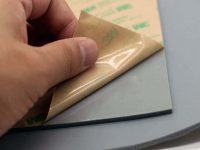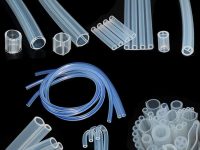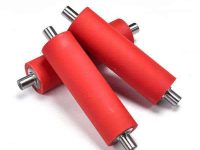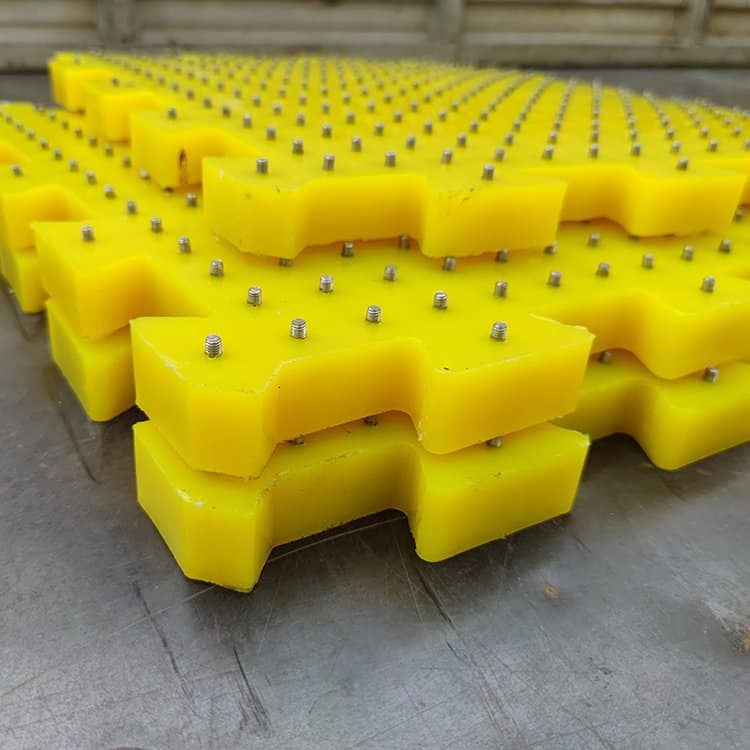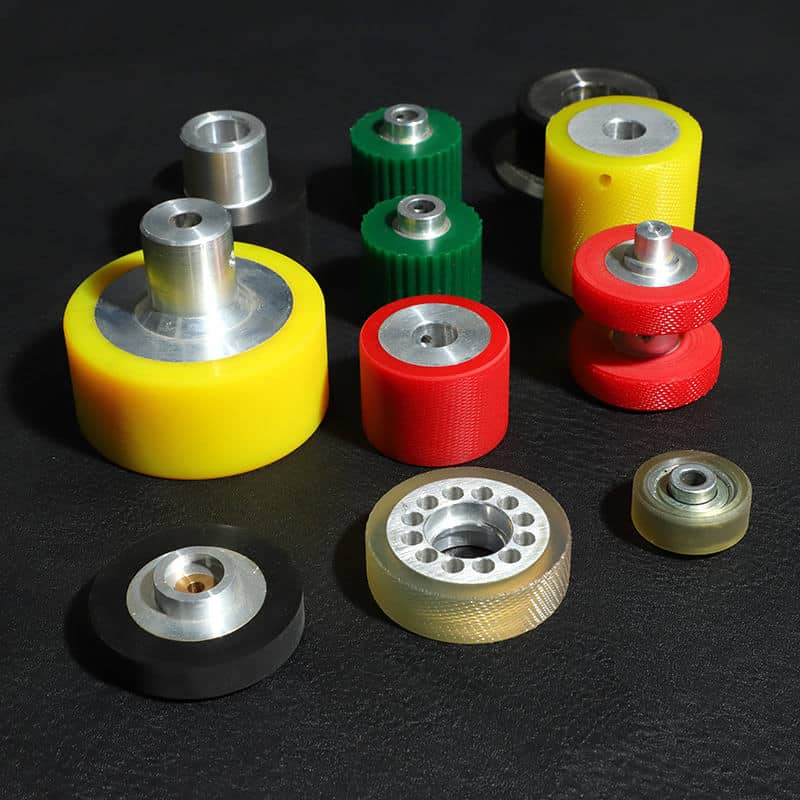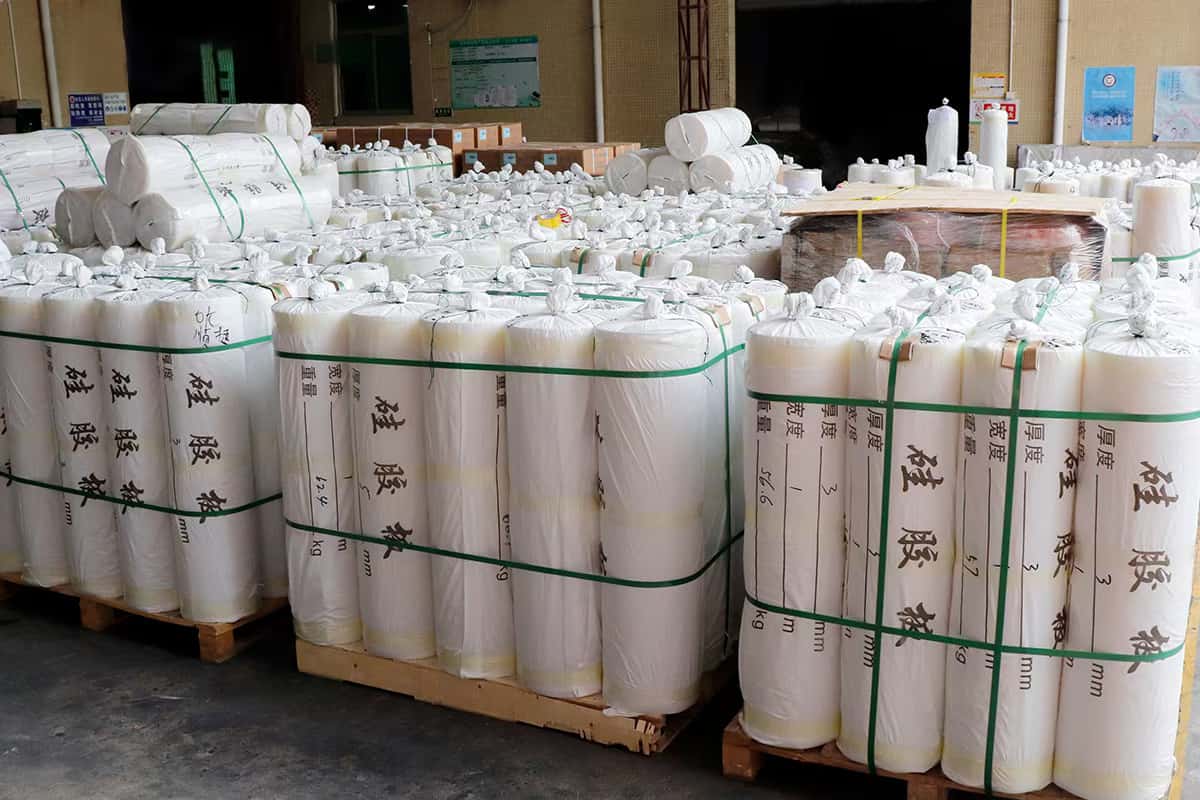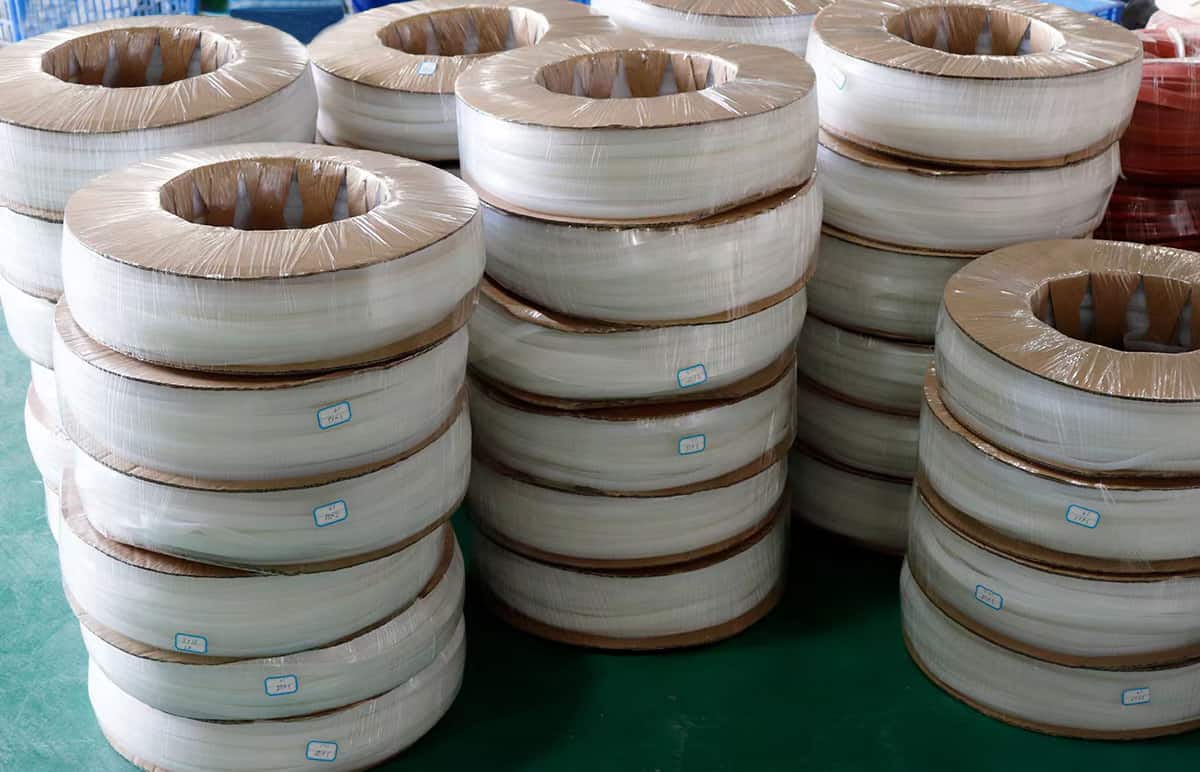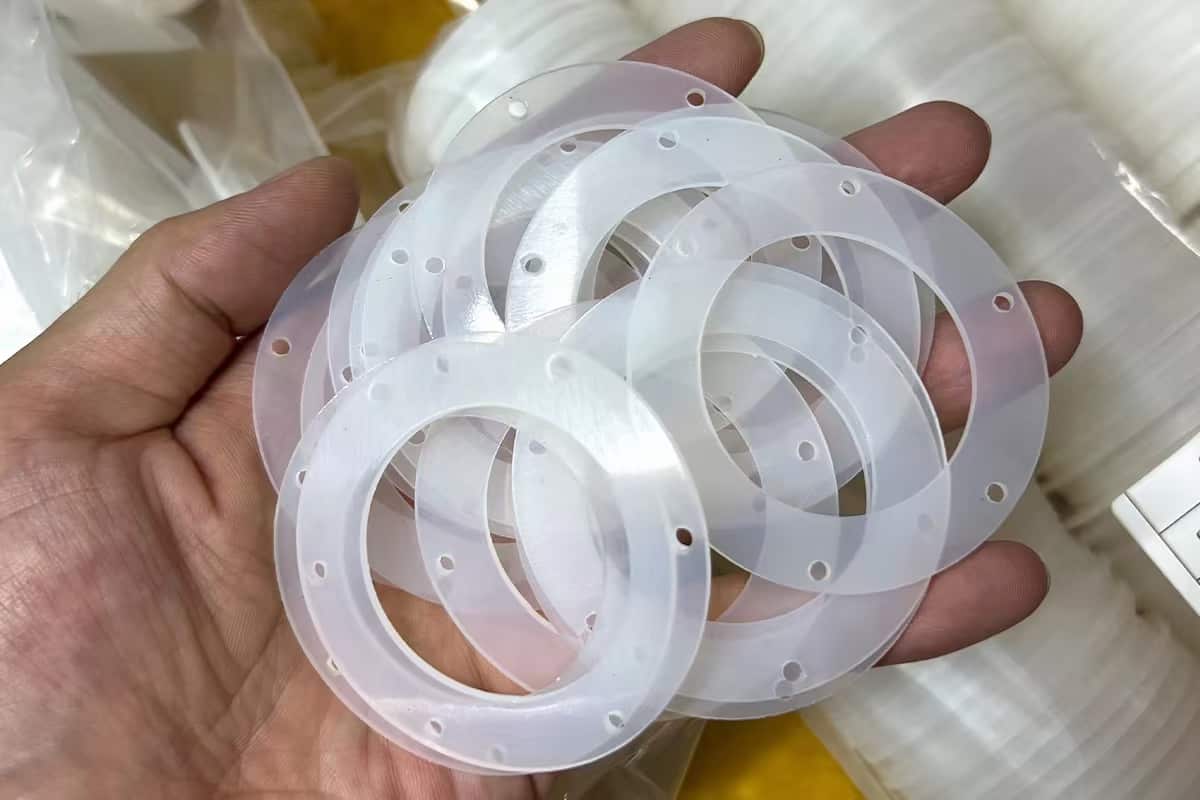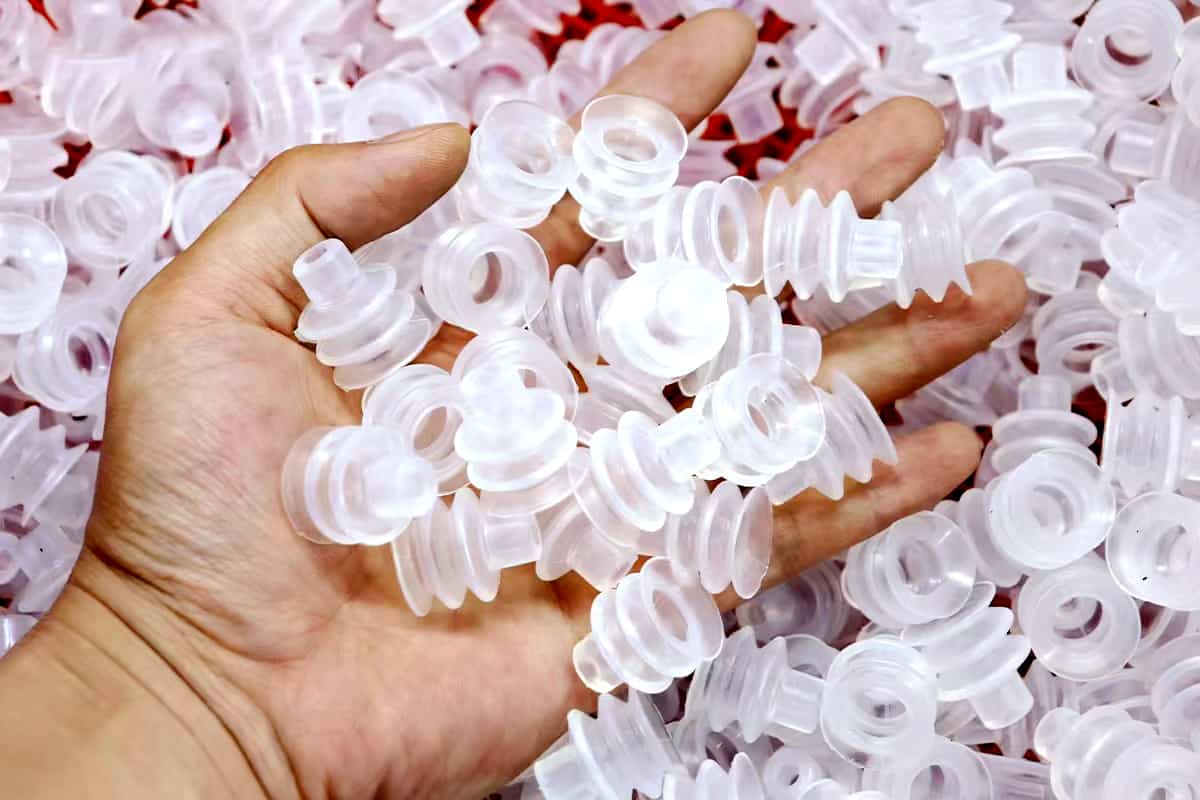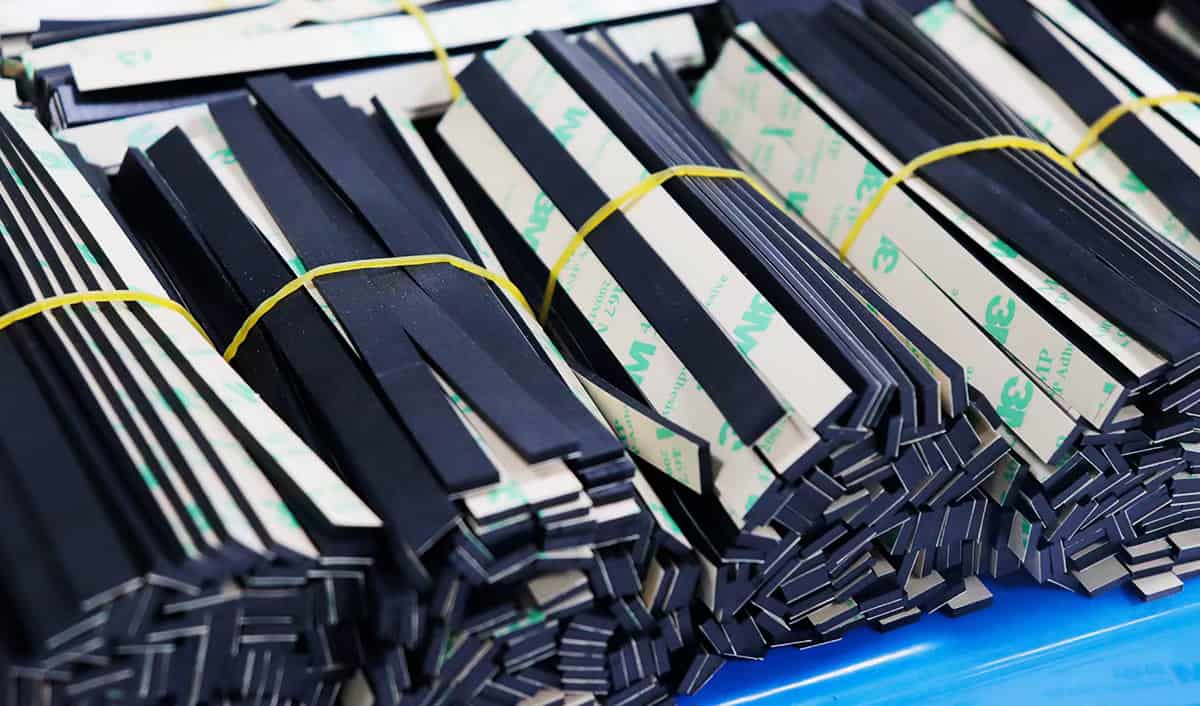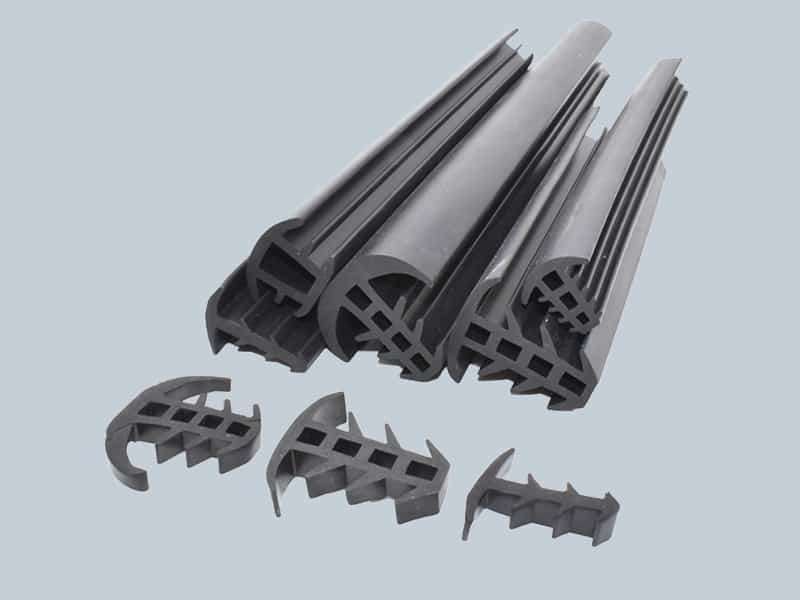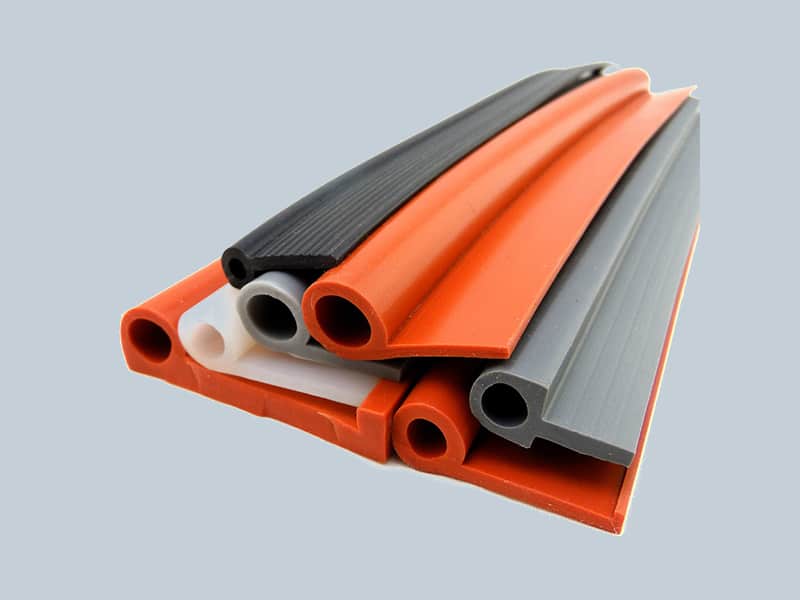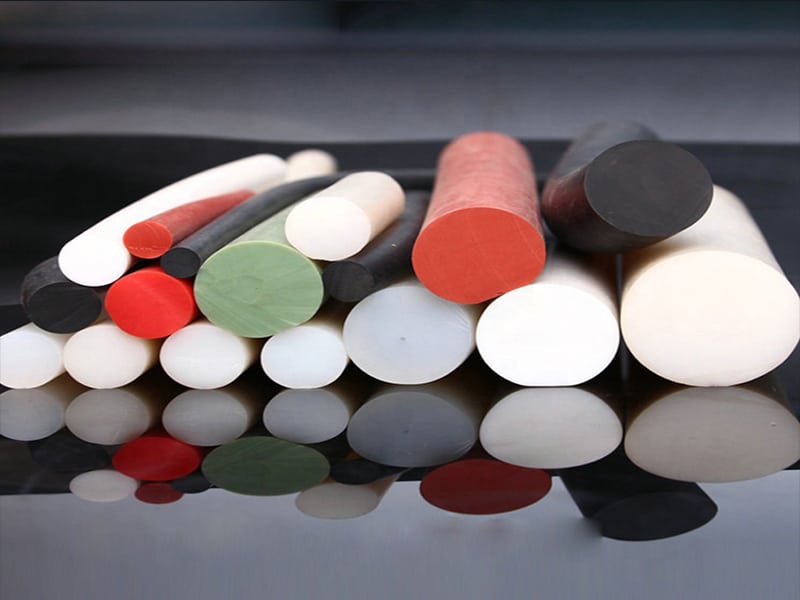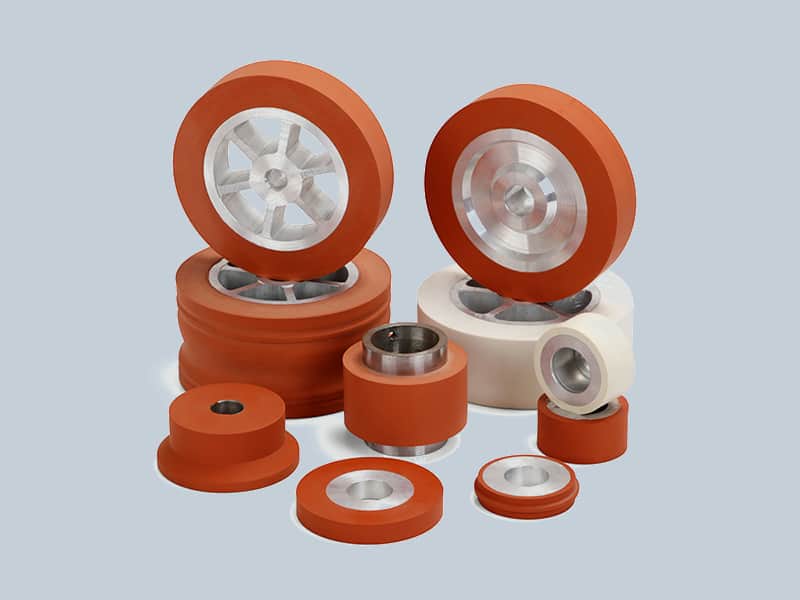Introduction: What is silicone rubber?
Silicone rubber is a synthetic rubber made from silicon and oxygen. It is used in a variety of applications, including seals, gaskets, hoses, medical devices, and electrical insulation. It has excellent heat resistance and can be used in high-temperature applications. Silicone rubber is also resistant to many chemicals and solvents. It is used in a variety of applications including medical implants, lubricants, and sealants.
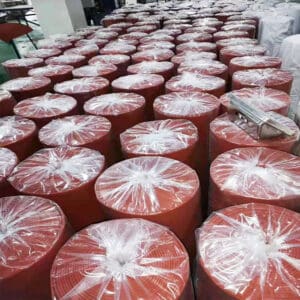
Silicone Rubber Material: Origins and Composition
Silicone Rubber Material is a synthetic rubber that has many applications. It was originally developed by the Dow Chemical Company in 1946. The material is made up of silicon and oxygen and is inert, meaning it does not react with other substances. This makes it ideal for use in a variety of industries, including medical, automotive, and aerospace. Silicone rubber is used in a range of applications, including: iphone 4s cases and phone cases, car dashboards, camping equipment, computer mice and keyboards, sports equipment, medical devices and appliances and more. Silicone rubber is also used in industrial applications for a wide range of products including hoses, conveyor belts and valves. Silicone rubber has a wide variety of uses and properties. It can be molded into different shapes and has good abrasion resistance.
Manufacturing Process of Silicone Rubber
Silicone rubber is often used in medical devices, food packaging, and children’s toys because it is non-toxic and heat resistant. The manufacturing process of silicone rubber begins with the synthesis of silanes, which are compounds of silicon and hydrogen. These silanes are then reacted with chlorine to form chlorosilanes. The chlorosilanes are then reacted with oxygen to form silicone rubber. Silicone rubber is a thermoset plastic, meaning that it forms a cross-linked network of polymer chains (polymer chains are long chains of molecules linked together by chemical bonds). Silicone rubber is non-toxic and heat resistant. The main sources of toxicity are the silicone oils used to make it, as well as the silicon dust used in its creation. Siloxanes are less toxic than silicone oils and do not release small particles into the air.
Properties of Silicone Rubber
Silicone rubber is produced by polymerizing the elements silicon and oxygen in a chemical process called polycondensation. Polymerization occurs when a significant amount of energy is applied to reactants and creates chemically bonded molecules. It has many properties that make it an ideal material for a variety of applications. Silicone rubber is heat resistant, making it ideal for use in high-temperature applications such as cookware, bakeware, and automotive parts. It is also non-toxic and non-allergenic, making it safe for use in contact with food or skin. Silicone rubber is also highly elastic, making it ideal for use in gaskets, seals, and other sealing applications. Finally, silicone rubber is insoluble in most common solvents, making it resistant to degradation from environmental factors.
Applications of Silicone Rubber
Silicone rubber is a synthetic polymer that has many applications. It is often used in medical devices, because it is non-toxic and can withstand chemical influence. Silicone rubber can also be used to make seals and gaskets, because it is flexible and resistant to both oil and water. Additionally, silicone rubber can be used as a coating for electrical wiring, because it is both heat-resistant and flame-resistant.
Conclusion of Silicone Rubber
Silicone rubber has many advantages over traditional rubber. It is more flexible, and can be stretched further without breaking. This makes it better suited for use in products that need to bend or stretch, such as hoses and seals. Silicone is also less likely to tear or rip, making it a better choice for products that are subjected to a lot of wear and tear. In addition, silicone is non-toxic and heat resistant, making it a safe choice for products that come into contact with food or heat. If you have any questions, please leave a message to us.


